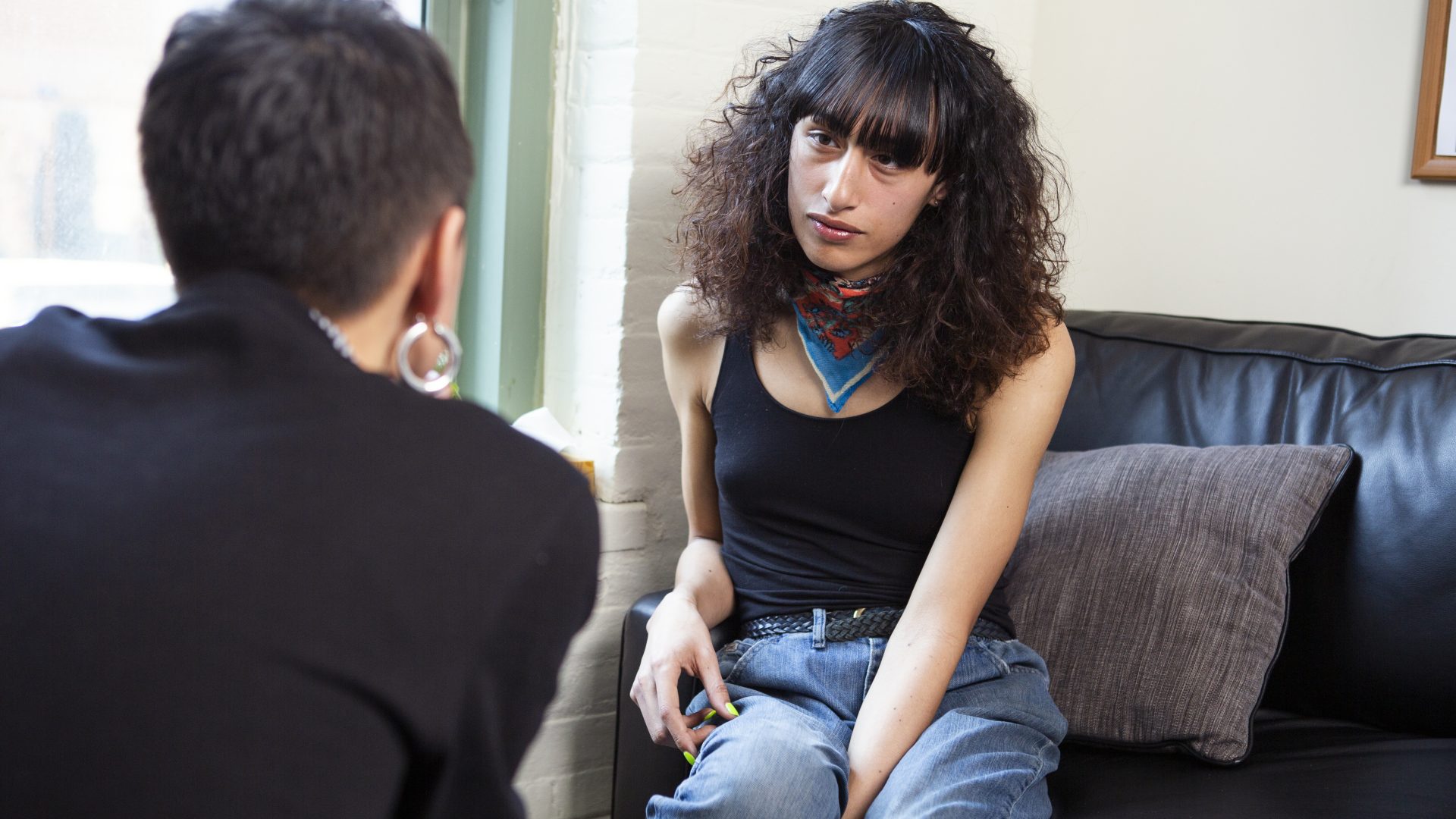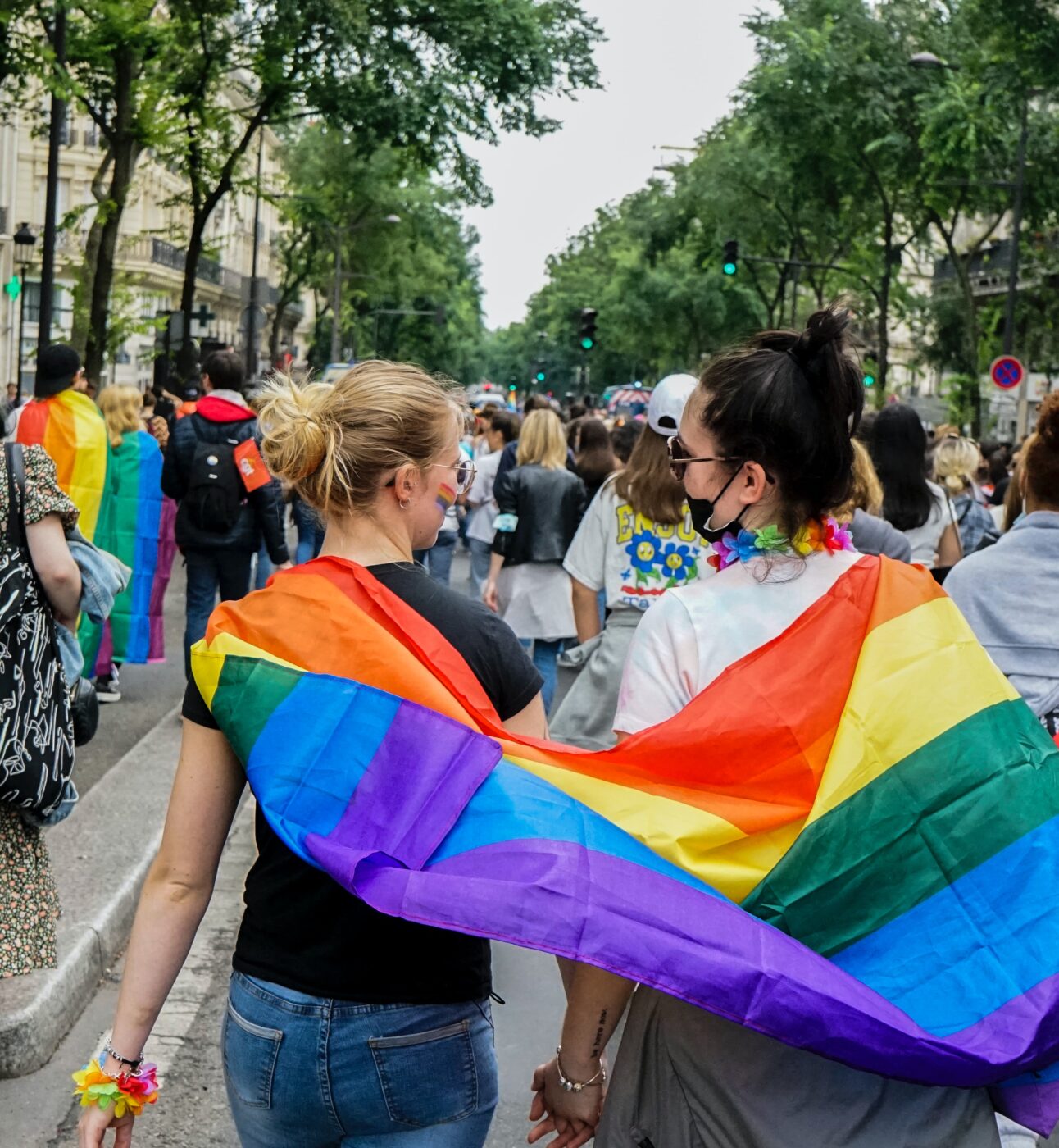
how to register with a GP
We’ve put a guide together to help you get set up with a doctor’s surgery

Find out what you need to do to reduce your risk of contracting and spreading sexually transmitted infections.
This means that some members of the LGBTQ+ community are at higher risk of contracting infections. But if you practice safe sex, get checked regularly and know what signs to look out for, you have nothing to worry about.
NHS statistics show that 1 in 4 of men who have sex with men are unaware of their positive HIV status and research also suggests that those in the LGBTQ+ community have a higher chance of contracting HPV (Human Papillomavirus Virus), which emphasises the importance of regular check-ups and testing with your local sexual health clinic.
Three of the most common sexually transmitted infections for those who identify as part of the LGBTQ+ community are HIV, Chlamydia and Syphilis. Below there is a brief overview of the symptoms of these STIs, however this is not an exhaustive list. Get more information about STIs and symptoms here.

We’ve put a guide together to help you get set up with a doctor’s surgery

Find clinics that specialise in the queer community so you feel supported and safe

Chemsex safety 101